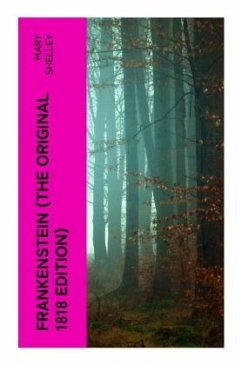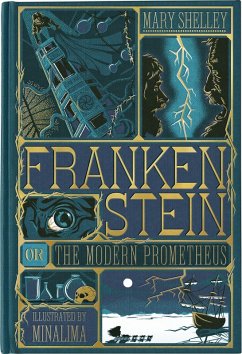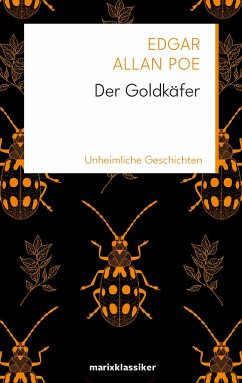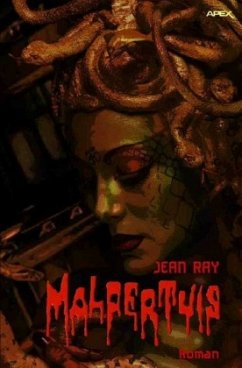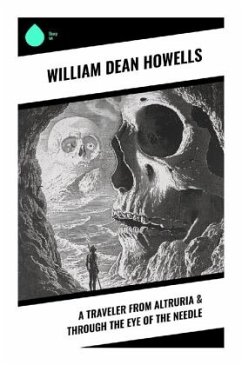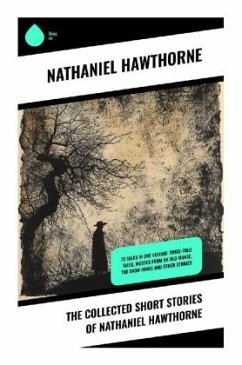
Frankenstein - The Original 'Uncensored' Edition

PAYBACK Punkte
0 °P sammeln!
In Mary Shelley's groundbreaking novel, "Frankenstein - The Original 'Uncensored' Edition," the author weaves a cautionary tale of ambition, creation, and the quest for knowledge that transcends the boundaries of ethical inquiry. Written in the early 19th century during the backdrop of the Industrial Revolution and the burgeoning Gothic literary movement, Shelley adopts an epistolary style that intertwines letters and narratives, revealing the profound psychological landscapes of her characters. The novel explores themes of isolation, the consequences of unchecked ambition, and the moral respo...
In Mary Shelley's groundbreaking novel, "Frankenstein - The Original 'Uncensored' Edition," the author weaves a cautionary tale of ambition, creation, and the quest for knowledge that transcends the boundaries of ethical inquiry. Written in the early 19th century during the backdrop of the Industrial Revolution and the burgeoning Gothic literary movement, Shelley adopts an epistolary style that intertwines letters and narratives, revealing the profound psychological landscapes of her characters. The novel explores themes of isolation, the consequences of unchecked ambition, and the moral responsibilities of the creator toward their creation, establishing it as a foundational work of science fiction and a precursor to modern existential thought. Mary Shelley, born to radical thinkers William Godwin and Mary Wollstonecraft, was profoundly influenced by her intellectual upbringing and personal tragedies, including the loss of her mother and the tumultuous relationship with poet Percy Bysshe Shelley. These experiences shaped her exploration of the philosophical tensions between creator and creation, as well as the societal implications of scientific advancement, asserting her place as a forebearer of feminist and gothic literature. Readers are encouraged to delve into this uncensored edition of "Frankenstein" to fully appreciate Shelley's unfiltered vision and the richness of its themes. This work not only serves as a poignant reflection on humanity's deep-seated fears about creation and monstrosity but also invites us to interrogate our own moral landscapes in an era of rapid technological innovation.




